Classic albums featuring Clem Burke
Five of the best from the Blondie drummer and Eurythmics rhythmatist
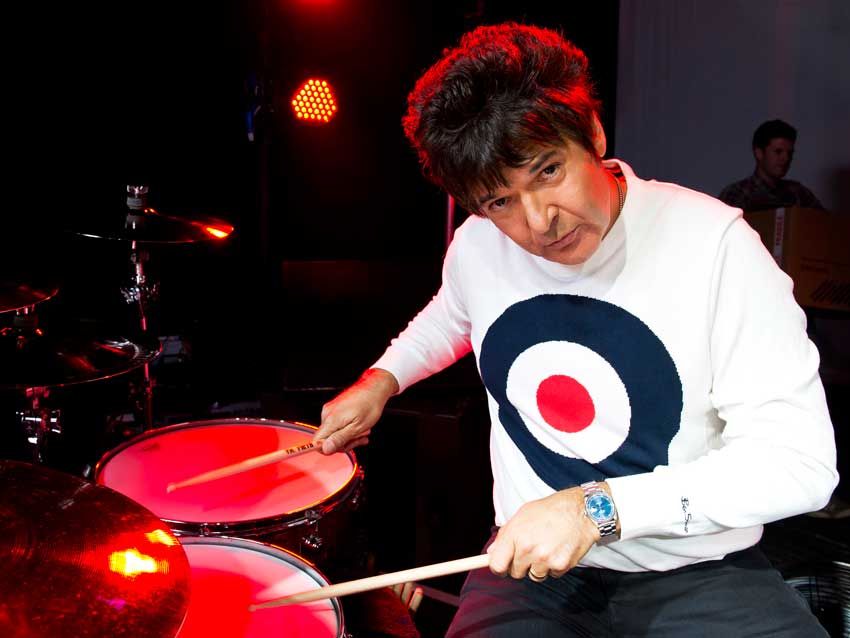
Clem Burke
Clem and his band, Blondie, came out of the super-cool underground music scene that centred on New York’s CBGBs club in the 1970s, though it was British audiences who most readily embraced the band’s sound and aesthetic.
Combining bubblegum pop, punk and disco was all in a day for Blondie, and in particular Clem’s way with a disco beat on the likes of ‘Heart Of Glass’ and ‘Atomic’ broke genre boundaries when sat side-by-side with Keith Moon-inspired rock drum fills and powerful, hard-hitting grooves.
Clem, Deborah Harry, Chris Stein and co created some of the most astonishingly catchy, punk-inspired pop tunes of the late ’70s, before a combination failing record sales, strained relationships and illness caused the band to implode after their sixth album. Clem went on to lay down drums for Annie Lennox and Dave Stewart in Eurythmics, joined The Ramones for a spell, played with Iggy Pop and then rejoined Blondie when they reunited in 1997 with a hit comeback album, No Exit.
Always keen to stretch his rock’n’roll drumming chops, despite recent busy times for Blondie including a 2014 album Ghosts Of Download, Clem also finds time to drum with like-minded rockers such as the Sex Pistols’ Glen Matlock in The International Swingers, and with ex-members of The Cars and Romantics in The Empty Hearts.
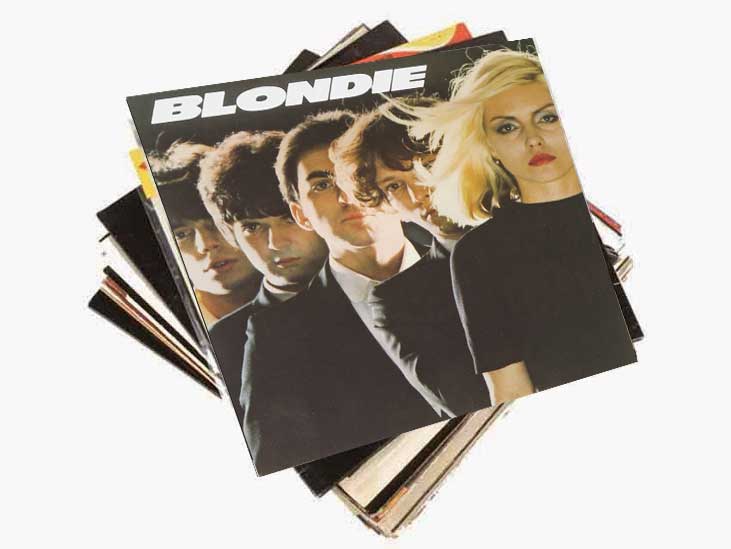
Blondie (1976)
Blondie’s first album combined classic American bubblegum pop with punk. Clem was way ahead of his CBGB’s contemporaries in that he could really play – and his principal inspiration, Hal Blaine, is evident on the four-to-the-floor beat and tambourine of ‘X-Offender’. There’s punk energy too, on tracks like ‘Rip Her To Shreds’, while Clem’s love of Keith Moon style fills can barely be contained.
Clem told Rhythm: “For the first Blondie record, we went to Plaza Sound Studios in New York, which is on top of Radio City Music Hall. It was the complete antithesis of a small, punky indie band going into some funky studio! Plaza Sound was built to record classical concerts and soundtracks – it was vast. We’d ride up and down the elevator with the dancers, the Radio City Rockettes, and we’d go up on the roof – we had the run of the place! Ramones recorded their first album there as well. I think the drumming on that album still stands up today: ‘X-Offender’ is one of my all-time favourite Blondie tracks.”
Key track: ‘X-Offender’
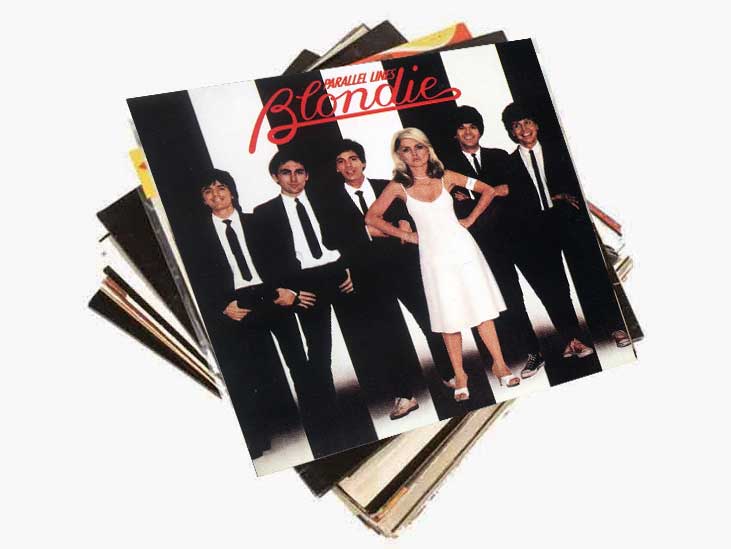
Parallel Lines (1978)
This was Blondie’s third album, and the band’s breakthrough album in the US, that spawned a number of hits and, latterly, a hit for 1D with ‘One Way Or Another’.
Producer Mike Chapman was brought in to polish the band’s sound, which led to tensions in the studio between him and the band, who he considered lacking in musical ability. There's no arguing with the results, though.
The shimmering disco pop of ‘Heart Of Glass’ would provide one of their biggest hits, but the punk sneer of ‘Hanging On The Telephone’; the glorious, cinematic pop of ‘Picture This’ and the ethereally romantic ‘Sunday Girl’ ensured the album would be a true classic. Clem’s drumming had fully matured, as disco beats fused with rock’n’roll grooves, NY punk aesthetic and plenty of flourishes.
Key track: ‘Picture This’
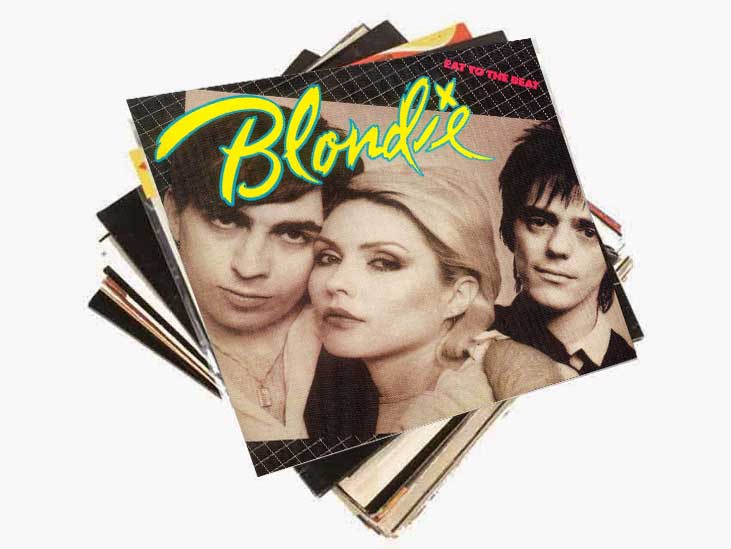
Eat To The Beat (1979)
Blondie’s fourth album remains a masterpiece, cementing the band’s reputation as one of the greatest pop-rock bands ever. One of Clem’s finest moments comes on ‘Dreaming’, with its brilliant drum intro (see also ‘Union City Blue’); while ‘Atomic’ takes the disco thing and blasts off into space – it features a fantastic drum break too.
“This was our rock’n’roll record. ‘Dreaming’ was Joey Ramone’s favourite Blondie song, and people always say to me, ‘The drums are fantastic on that track – how did you come up with that?’ The reality is that those crazy drums were just a first take – just a pass to run through the song! I think that ‘Dreaming’ would have been a bigger hit if the drums hadn’t been so mad, actually: if I’d just done a straight four-on-the-floor beat, the song might have cut through more. Still, it’s a great melody. ‘Atomic’ is on this album too, which was a p**s-take out of a spaghetti-western disco song: it has a great drum break in it. It was recorded at the Power Station, with that big ambient sound on the drums. All those songs were recorded on that same Premier Resonator kit that I always used.”
Key track: ‘Dreaming’
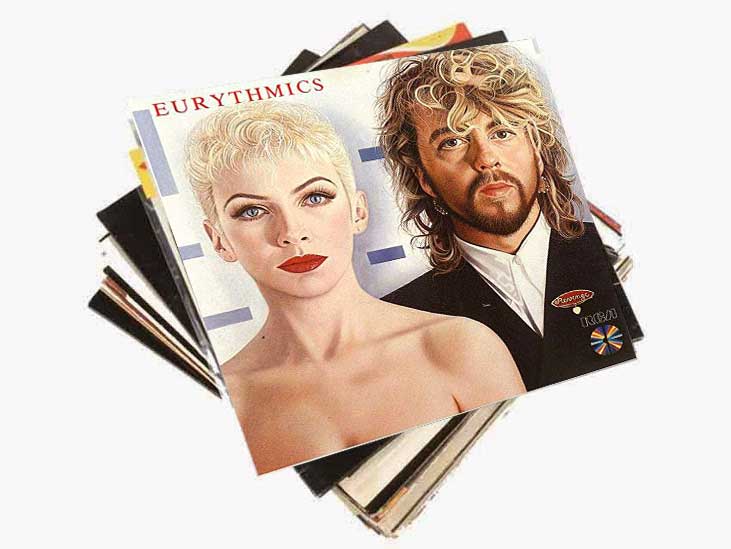
Revenge (1986)
Clem had already worked with Lennox and Stewart on their first, Kraftwerk-y album, In The Garden. When the duo took their music in a more mainstream, stadium-filling rock direction with 1986’s Revenge, Clem was back to provide a huge backbeat and tasty hi-hat grooves to ‘Missionary Man’, ‘When Tomorrow Comes’ and ‘Thorn In My Side’.
Clem told us: “The first thing producer [and Krautrock production genius] Conny Plank said to me was that he recognised the influence of Kraftwerk in ‘Heart Of Glass’, which was what we were trying to emulate. Once again, we did most of the tracks at Conny’s studio, and it was great to reconnect with all that. But then we recorded the drums in the stairwell at Studio Grande Armée in Paris, which was this huge expensive studio wired into the Grande Armée concert hall. You hear about people recording in marble rooms and all that – well, we did them in the stairwell! You know, Dave’s an English eccentric and Annie is a gorgeous woman with a gorgeous voice… we won a Best Rock Performance Grammy for the song ‘Missionary Man’, and then we all went on a two-year world tour right afterwards. I’m real happy with that record.”
Key Track: ‘When Tomorrow Comes’
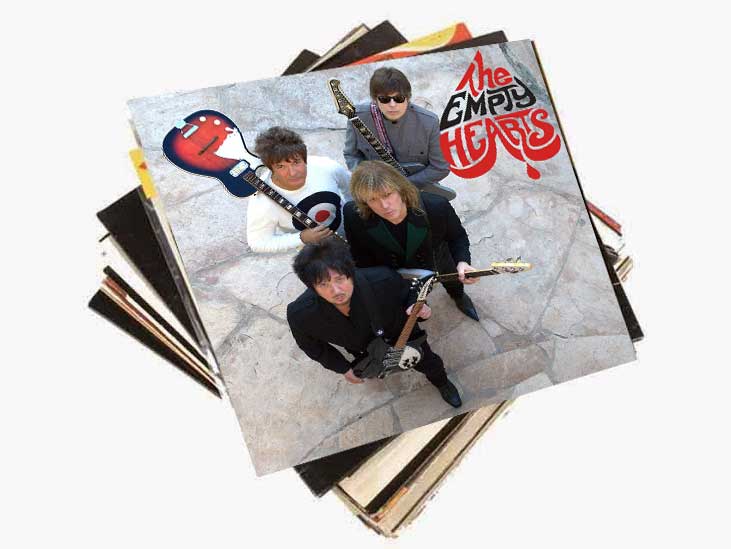
The Empty Hearts (2014)
Clem Burke, as we know, is a good-old-fashioned rock’n’roller at heart. His eponymously-titled album with punk rock supergroup Chequered Past in 1983 featured with Blondie’s Nigel Harrison and the Sex Pistols’ Steve Jones, and is one of rock history’s great ‘lost’ albums, and worth checking out.
But this 2014 album from his latest supergroup, The Empty Hearts – he was in a supergroup with Steve Jones in 1983 called Che features the The Cars’ Elliott Easton, Wally Palmar of The Romantics, Andy Babiuk of the Chesterfield Kings and the late Ian McLagen of The Faces guesting on keys. And it’s superb. There’s Faces-style rock’n’boogie (‘I Don’t Want Your Love’ and ‘Drop Me Off At Home’); Kinks and Who-style ’60s rock, with Clem channelling Moonie wherever possible (‘Soul Deep’, ‘I See No Way Out’); there’s flashes of The Beatles, Roy Orbison and Tom Petty too. Amazingly fresh considering it’s made by veteran rockers consciously borrowing heavily from the music they love – but then it’s that love of the music that makes it sound like they mean it.
Key track: ‘90 Miles An Hour Down A Dead End Street’
"At first the tension was unbelievable. Johnny was really cold, Dee Dee was OK but Joey was a sweetheart": The story of the Ramones' recording of Baby I Love You
"Reggae is more freeform than the blues. But more important, reggae is for everyone": Bob Marley and the Wailers' Catch a Fire, track-by-track
"At first the tension was unbelievable. Johnny was really cold, Dee Dee was OK but Joey was a sweetheart": The story of the Ramones' recording of Baby I Love You
"Reggae is more freeform than the blues. But more important, reggae is for everyone": Bob Marley and the Wailers' Catch a Fire, track-by-track









